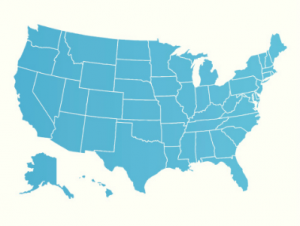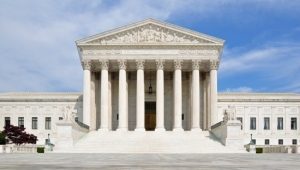individual mandate
Insurance companies are concerned that some people are abusing the Special Enrollment Period (SEP) that is available in the individual marketplace. They have indicated at least some people are delaying enrollment in coverage until they get sick, applying for coverage only once they need it, and then canceling the coverage after treatment. They further argue that there aren’t enough rules in place to verify if a person actually experienced a qualifying event which would trigger a SEP.
- The Individual Mandate penalties increase to $695 per adult ($347.50 per child) or 2.5% of household income, whichever is greater.
- The Employer Mandate expands to include all employers who have 50 or more employees.
- The Employer Mandate offer rate increases from 70% to 95%.
- Employer reporting related to the offer of coverage is due for the first time during Q1 2016.
On March 4, 2015 the U.S. Supreme Court heard oral arguments in regards to the King vs. Burwell case, which is the most significant challenge to the Affordable Care Act (ACA) since the constitutionality of the Individual Mandate was challenged back in 2012. The plaintiffs in the King vs. Burwell case argue that subsidies can only be provided by states that establish an Exchange on their own. They further argue that the federal government, which is utilized in 37 states, cannot provide subsidies to Exchange applicants.










